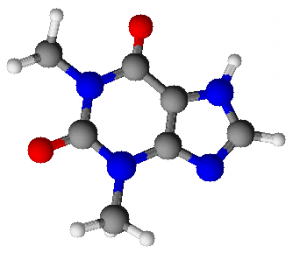

Thus, you get a milder but different kind of buzz than with coffee, despite the lower caffeine content of green tea ( 19). Interestingly, green tea also contains the amino acid L-theanine, which has been shown to work synergistically with caffeine. Yet black tea contains, on average, around 55 mg of caffeine per 8 ounces, while brewed coffee contains 100 mg. Like green tea, there is a range of caffeine in these drinks. Here’s the caffeine content in 8 ounces (230 ml) of some popular drinks so you can compare the caffeine content ( 5):Īs you can see, the caffeine content per 8 ounces is usually much higher for other caffeinated beverages. Powdered green tea like matcha contains more caffeine than loose leaf or green tea bags.Ĭaffeine is found in a wide range of beverages like black tea, coffee, soft drinks and energy drinks. Summary: An 8-ounce cup of green tea contains between 30 and 50 mg of caffeine. Nevertheless, portion sizes tend to be small - 1 gram or half a teaspoon per serving - for powdered teas, so the caffeine content of the bagged tea and powdered matcha tea can be similar ( 16, 17).įinally, the longer you brew your tea and the hotter the water, the more caffeine will make its way into your drink ( 18). This may be because the tea leaves in tea bags are crushed up, so more caffeine is extracted and infused into the drink ( 14, 15).Īdditionally, powdered green teas like matcha have a higher caffeine content than both bagged and loose green tea. The amount of caffeine in your drink can also be influenced by the type of green tea you choose and how you prepare it.įor example, bagged teas tend to be more caffeinated than loose leaf teas. Since the caffeine in green tea occurs naturally, the amount depends largely on the variety of tea plant, its growing conditions and the way it is processed and brewed.įor example, tea made with older leaves usually has less caffeine than tea made with younger tea leaves ( 13). The actual amount can be anywhere between 30 and 50 mg per 8-oz serving. The average amount of caffeine in an 8-oz (230-ml) serving of green tea is around 35 mg ( 5). Consuming caffeine may also have some health benefits, such as improved brain function. Summary: Caffeine is a naturally occurring stimulant that can help you stay alert and awake. However, some people may be more sensitive to the effects of caffeine than others ( 10, 11).Īdditionally, people who consume too much caffeine may experience restlessness, insomnia or an irregular heartbeat ( 12). It works by blocking the effects of a neurotransmitter called adenosine, which builds up over the course of the day and makes you feel tired ( 6).ĭrinking caffeine has also been linked with a number of health benefits, such as improved mood and brain function, an increase in metabolism and improved exercise performance ( 5, 7, 8, 9).


It’s a central nervous system stimulant that is consumed all over the world to boost alertness and fight fatigue. Caffeine is a naturally occurring chemical found in the leaves, beans and fruits of more than 60 plants, including the leaves of tea plants ( 5).


 0 kommentar(er)
0 kommentar(er)
